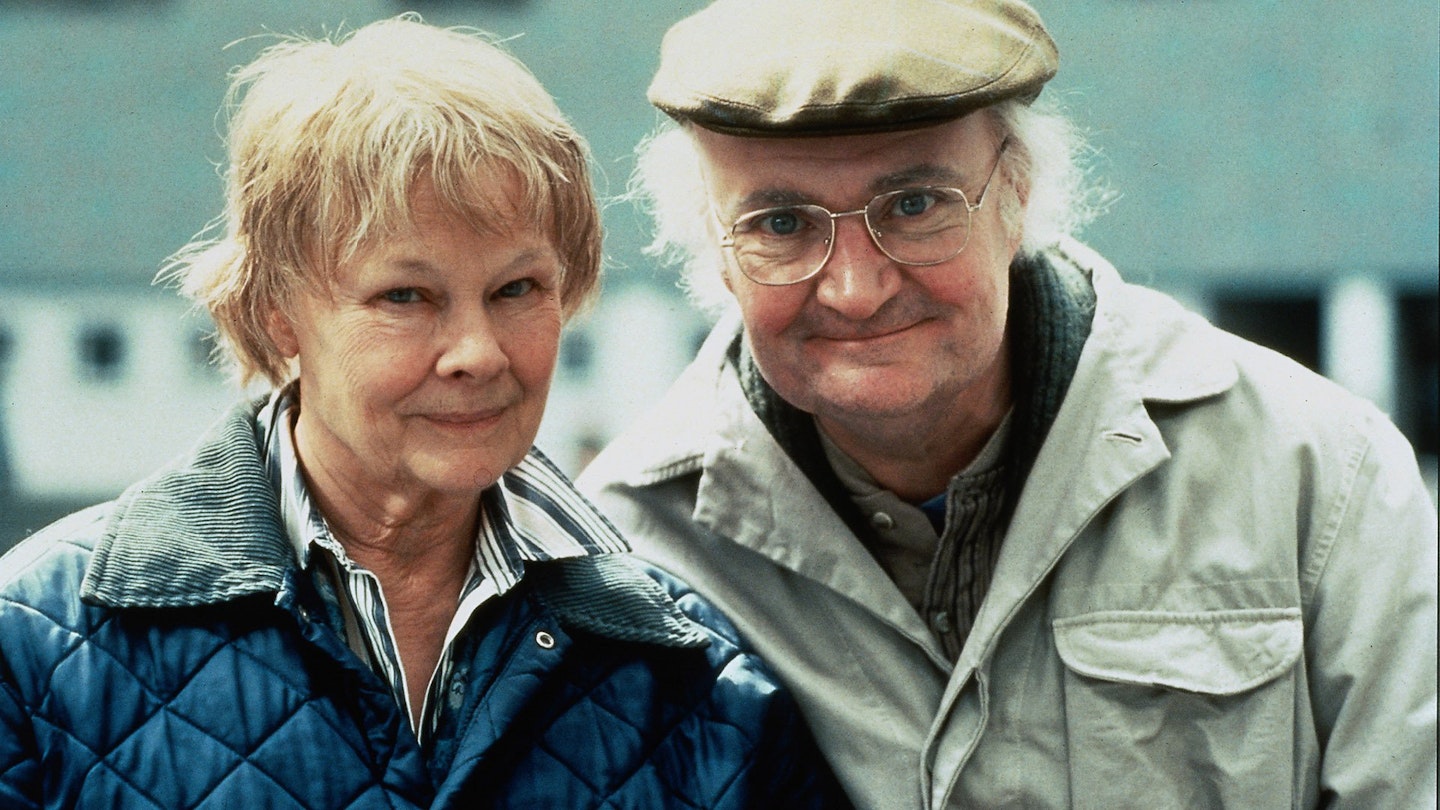There's a lot to admire about Richard Eyre's biopic of renowned author Dame Iris Murdoch, chiefly that it boasts some of the best performances to grace a cinema screen in recent months. It also has the kind of charm and elegance seen all too rarely in contemporary British productions. But for all its class, there's no escaping the fact that this actually tells you very little about how Murdoch came to be one of the foremost female authors of the 20th century. As a depiction of her relationship with her husband it works well, displaying the deep love the pair had for one another. But those curious about other aspects of Murdoch's life will be left wanting.
It's certainly easy viewing. Eyre hits upon the clever directorial trick of intertwining the past and present, so that both Winslet and Dench appear throughout the film, and the emotional wrench of watching Murdoch lose her faculties to Alzheimer's Disease is tempered with the light relief of Murdoch and Bayley's courtship.
All the leads are terrific - Winslet makes a fine feisty foil to Bonneville's nervous, stammering Bayley - but the showier work is left to their older counterparts. While Dench's superb performance screams Oscar, Broadbent is so outstanding that he, too, deserves to find his name on the nomination lists come the big night.
To make almost no mention of Murdoch's books, however, seems to be a wasted opportunity. By making only brief references to her love of words and philosophy, the film offers us no reason why we should have any more sympathy for Murdoch's plight than for that of millions of other gifted, intelligent people who fall prey to this debilitating disease every year. Given it works so well in other areas, it's a shame to find it lacking.
